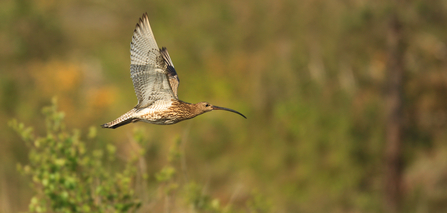We’re all familiar with politicians pulling up agencies and industries when they’re not delivering on their duties: water companies, rail operators and the BBC are but three examples from my newsfeed this week. So you’d forgive Natural England for feeling rather hard done by recently: put on the naughty step, one might argue, for being too scrupulous in going about their job.
As government's advisers on the natural environment in England, they seem to have found themselves surrounded by politicians who don’t much like their advice. Politicians that seem rather quick to intervene, should Natural England try too hard to discharge their legal duties to safeguard nature. Duties such as the consenting of activities on Sites of Special Scientific Interest (SSSIs). Or to ensure that any activity on SSSIs in unfavourable condition moves the sites towards favourable condition (not makes them worse). For example, on Dartmoor, where less than ten per cent of upland habitats are in favourable condition, and where species such as curlew and dunlin teeter on a precipice.
When Natural England last year sought to make changes to the agri-environment agreements applied to the management of Dartmoor’s commons, it did so in the context of its SSSIs being degraded and, in places, in need of urgent changes to avert irreparable damage. They were just doing their job, right? Well, not everyone agreed.


